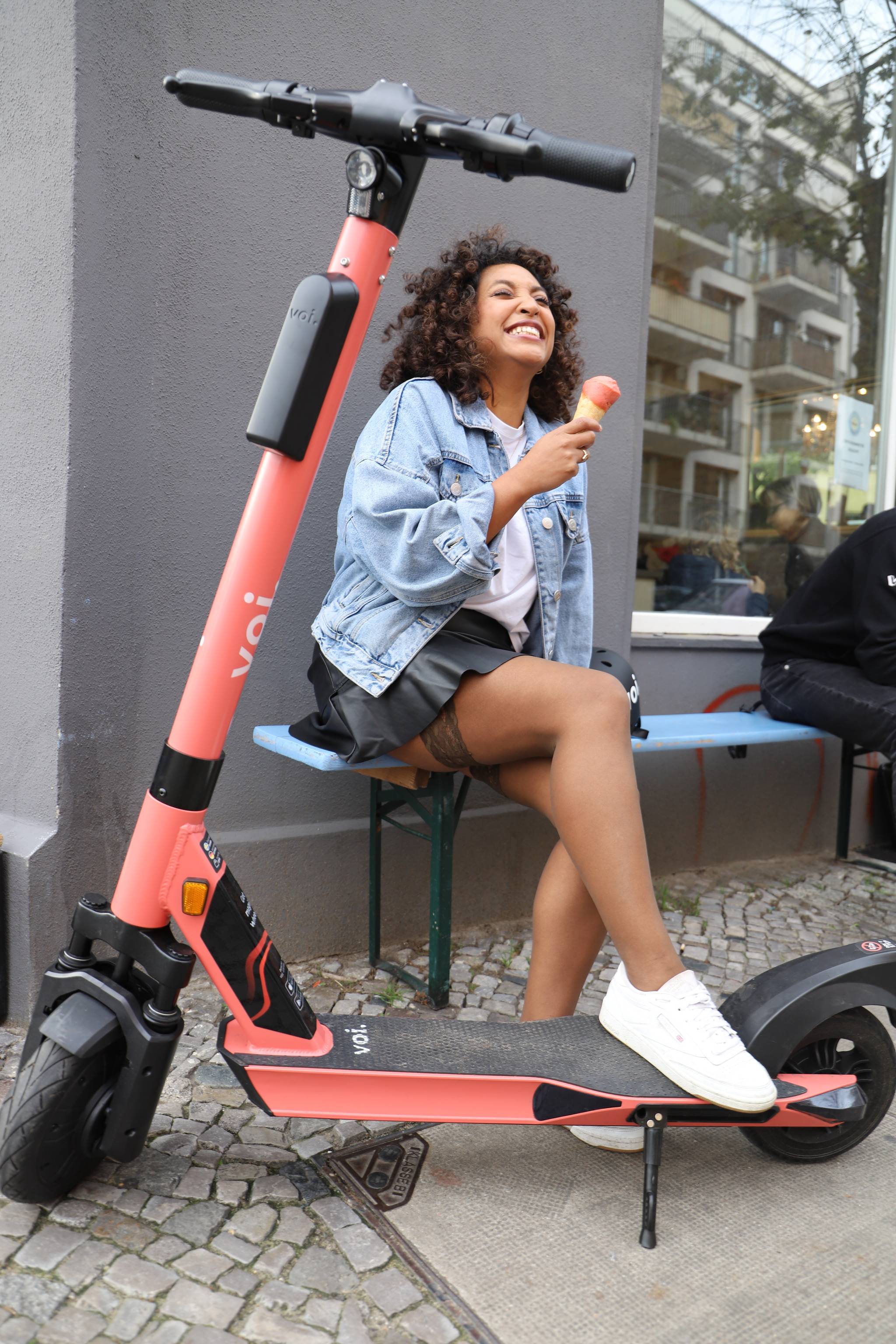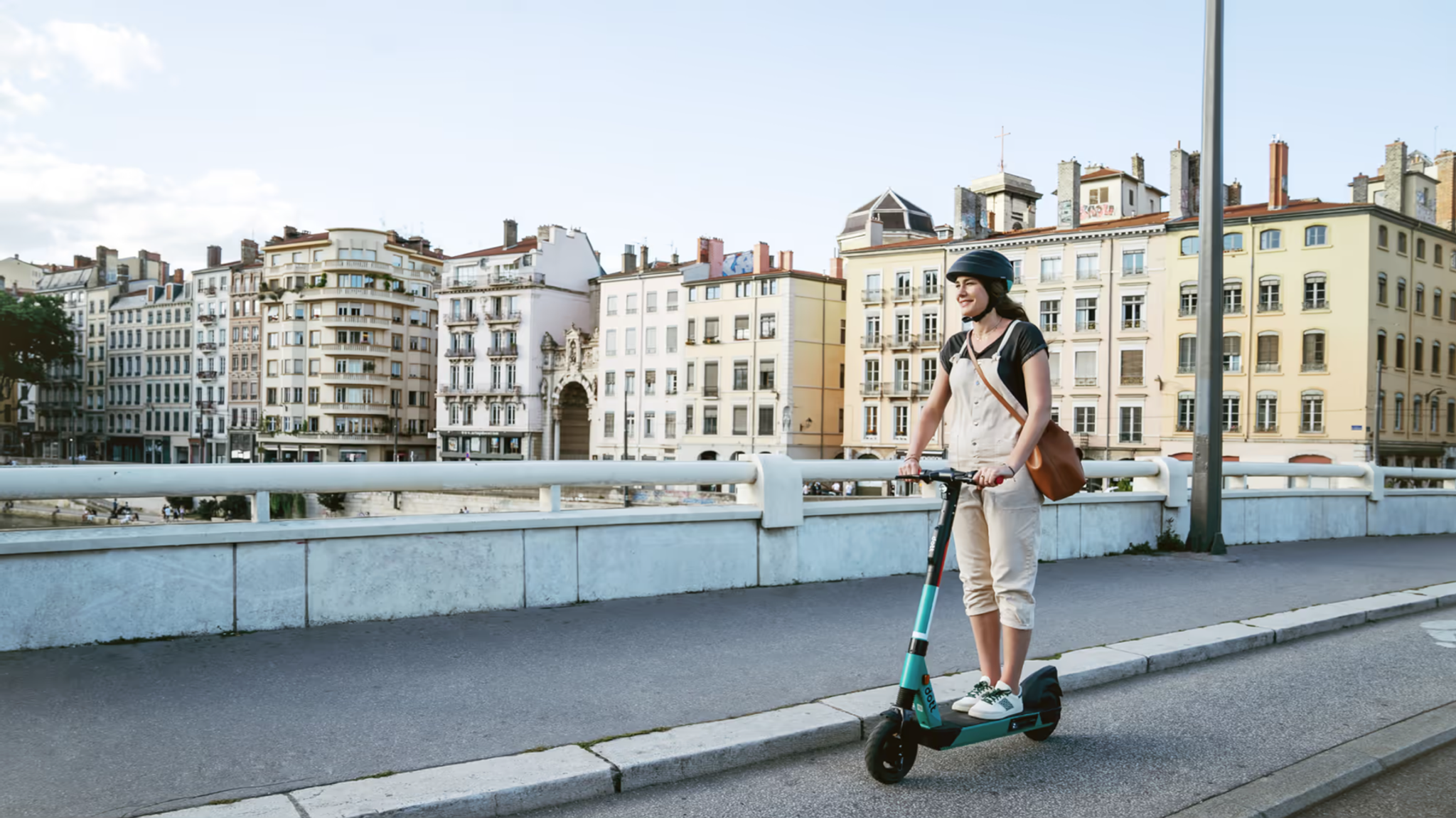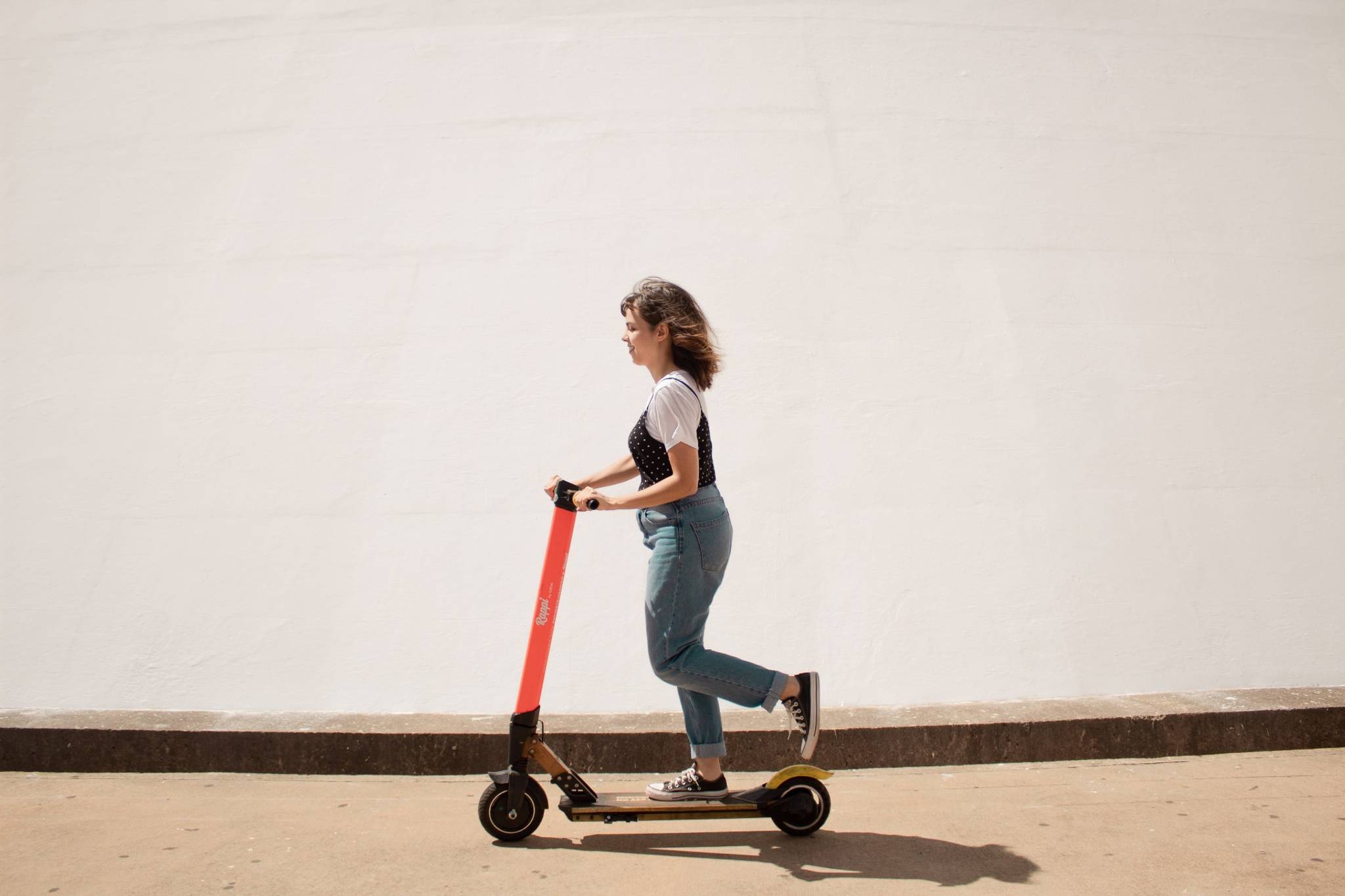
In a report by StreetLight Data, data revealed a surge in cycling across American cities. The micro-mobility movement is gaining momentum, fueled by people's growing preference for eco-friendly commuting options. But to create genuinely bike-friendly cities, prioritizing safety is paramount.
Between 2020 and 2023, the annual average daily bicycle trips in the United States surged by nearly 40%. Leading the charge, New York City saw a 97% increase in bike trips, with San Diego following closely at 71%. Typically, metropolitan areas with well-established cycling infrastructure and milder climates experienced the highest growth rates. However, exceptions to this trend, such as bike-loving Portland which saw a 7% decrease in cycling trips challenge the notion that more bike lanes translate into increased ridership.
This surge in cycling, coupled with the rising popularity of e-bikes in the United States, underscores a clear shift towards greener transportation choices and a willingness to embrace car-free living amid worsening congestion. But while 77% of Americans believe that reducing their individual carbon footprint is important, only about half of the adults surveyed consider the environment when making local transit choices with most consumers opting for speed and convenience.
Despite improvements in cycling infrastructure, safety concerns continue to loom large. Over the past decade, cycling fatalities in the U.S. have surged by 44% and female cyclists still report feeling unsafe on the roads. Prioritizing safety and making it an integral part of cycling culture is essential to encourage more people to embrace biking as a mode of transportation. In this post-pandemic era, cycling is not just a means of transportation; it's a symbol of sustainability, health, and a cleaner, congestion-free future.



